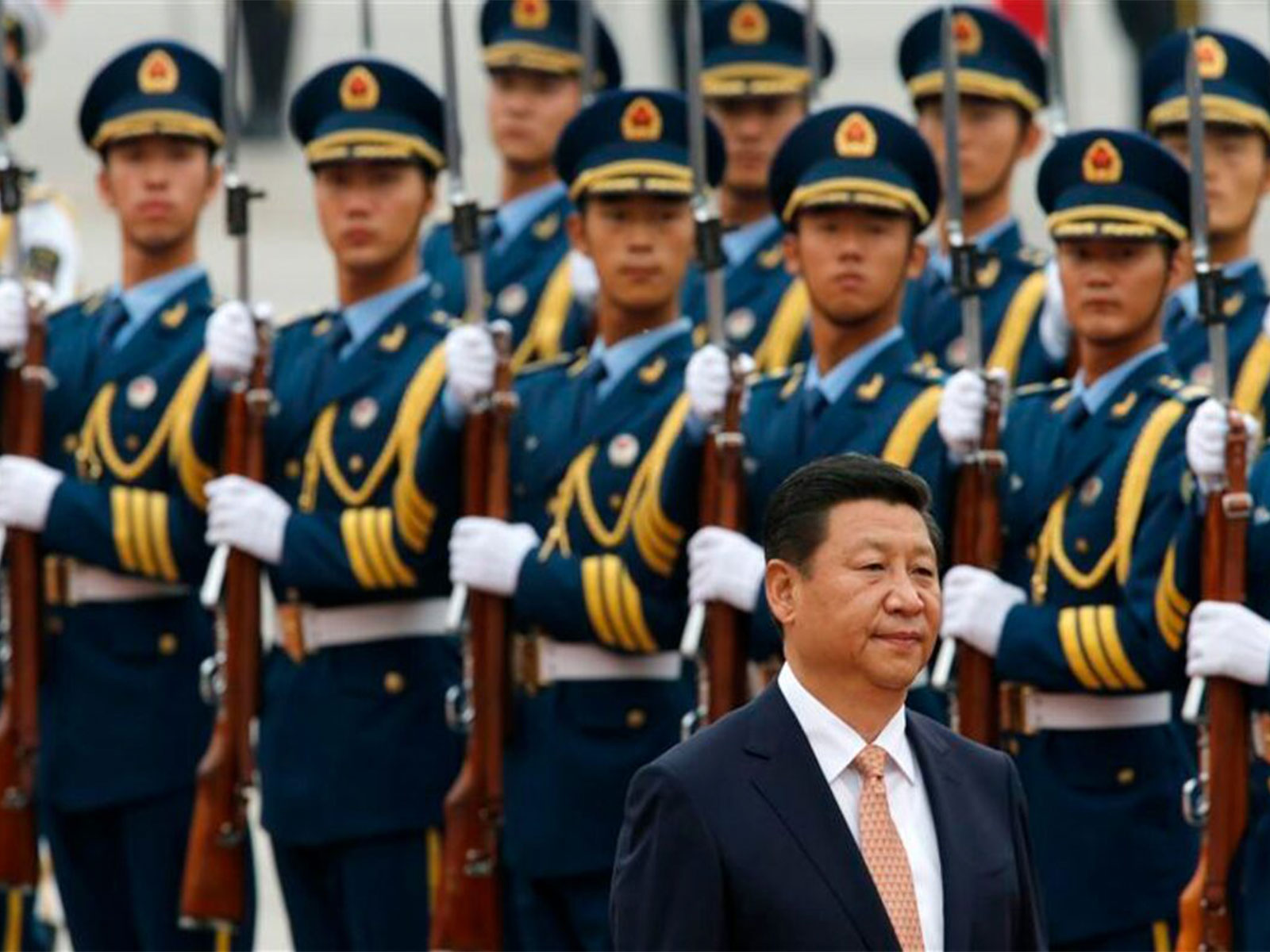Xi Jinping's Repression Playbook: Global Concerns Over Surging Authoritarianism
Human Rights in China (HRIC) reports increased repression in China under Xi Jinping, noting control expansion over civil liberties and religious freedoms. Security intensifies in Tibet and Xinjiang, sparking global protests. Amnesty highlights China's judiciary's role in political repression. International responses remain strong yet cautious against this authoritarian regime.

- Country:
- United States
Human Rights in China (HRIC) has spotlighted the intensifying repression under the regime of President Xi Jinping, as the Communist Party extends its grip over civil liberties, religious expression, and dissent both within its borders and globally. This comes on the heels of Xi's reaffirmed stance against Taiwanese independence during China's 76th National Day on October 1.
According to HRIC, security crackdowns have been notably aggressive in regions like Tibet and Xinjiang, with heightened surveillance and mass arrests marking the national celebration periods. Globally, a wave of demonstrators gathered at Chinese diplomatic missions to criticize Beijing's authoritarian measures. Digital activists have also ramped up online campaigns against the regime's tight censorship and territorial ambitions.
Further compounding these issues, former Tibetan political prisoner Namkyi testified in Washington, DC, shedding light on systematic religious persecution in Tibet. The transnational reach of China's repression was highlighted when exiled political figure Zhou Junyi was detained in Thailand, an arrest he attributes to Beijing's influence. This concern echoes HRIC's warnings about China's sway over neighboring nations' law enforcement.
Amnesty International's findings underscore the judiciary's role as a tool of political oppression, with courts frequently convicting dissidents on ambiguous charges. Online censorship is intensifying, particularly affecting feminist voices ahead of significant international events such as the Global Women's Summit in Beijing. Hong Kong faces additional scrutiny with plans to install 60,000 AI-powered surveillance cameras, sparking privacy concerns.
International responses, while robust, remain measured. UN bodies and countries such as the Nordic nations express apprehension over China's human rights practices. However, UN High Commissioner Volker Turk has noted limited progress on these issues, as China's government continues to solidify its domestic and global presence, posing a significant threat to global human rights.










